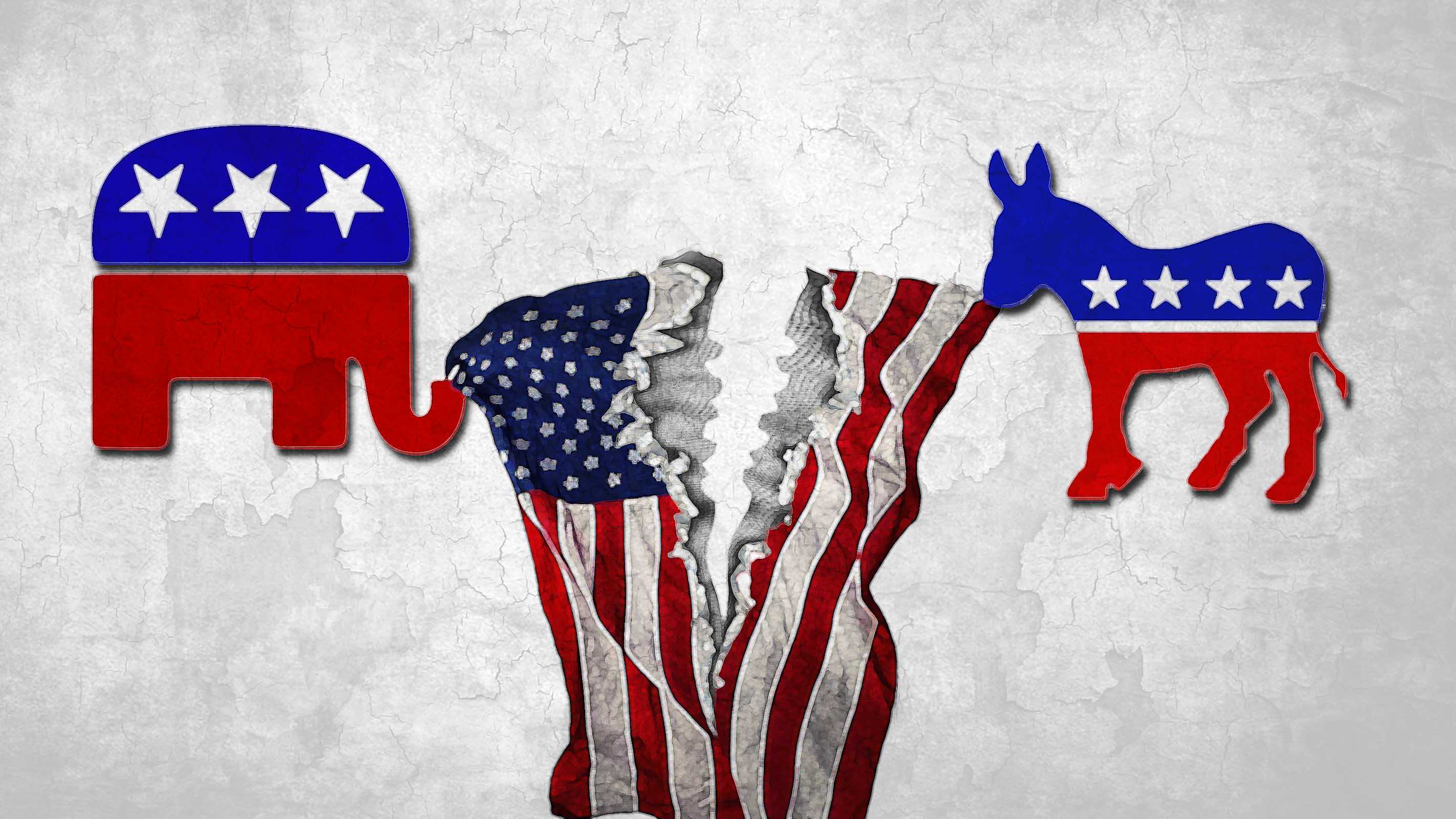
Donald Trump just eluded an impeachment trial and is enjoying unprecedented approval levels. With the economy expanding, he is close to being reelected. For analysts who are still bewildered by Trump’s arrival to the White House, his open path to a new term increases the mystery of the “Trump phenomenon,” of the most improbable and dysfunctional president in the country’s history. But a recently released book in the U.S. illustrates that the American’s election was nothing unusual. Analyzing the electorate on various levels, the book confirms that Trump repeated the same pattern of prior elections. This extremism is not even foreign to the country’s political tradition.
Polarization itself is merely resuming a pattern that had been mitigated in the 20th century and returned with the civil rights movement. However, in “Why We’re Polarized,” Ezra Klein, former Washington Post columnist and cofounder of the news site Vox, judges that Americans are increasingly tethered to political identities. They are also more often characterized by their fight against counterparts than by defense of their own ideas.
The fissure in American politics has to do with a party change that is easily seen in the current campaign. A Republican Party in the grips of the president and an opposition reeling in search of leadership – trapped in diversity. It was the Republican Party itself that changed: increasingly conservative, it does not allow dissenting voices and expelled everyone who did not subscribe to certain causes.
Americans are caught in a trap, in a political war, with no end in sight.
The book does not allow for a direct comparison with Brazil, but it translates a reality that is familiar here: people are increasingly grouping together in tribes, which are fueled by social media and by the weakening of the press. There is polarization here too, with fortified political identities energized by virulent attacks. Drawing an analogy from Klein’s book, the question must be asked if Jair Bolsonaro is really an atypical phenomenon. To think that he will try his hand at fascist theses is as nonsensical as believing that society was shut down with the Workers’ Party’s hegemonic project. Understanding and strengthening democracy is not an easy or quick process. But it is essential to changing the lightweight narrative that a destructive phenomenon took place in a pre-written story. It was not pre-written, and to understand that is to build a future outside of the extremes.
Just like in the U.S., Brazilians group together in tribes, fueled by social media and by the weakening of the press.

Leave a Reply
You must be logged in to post a comment.